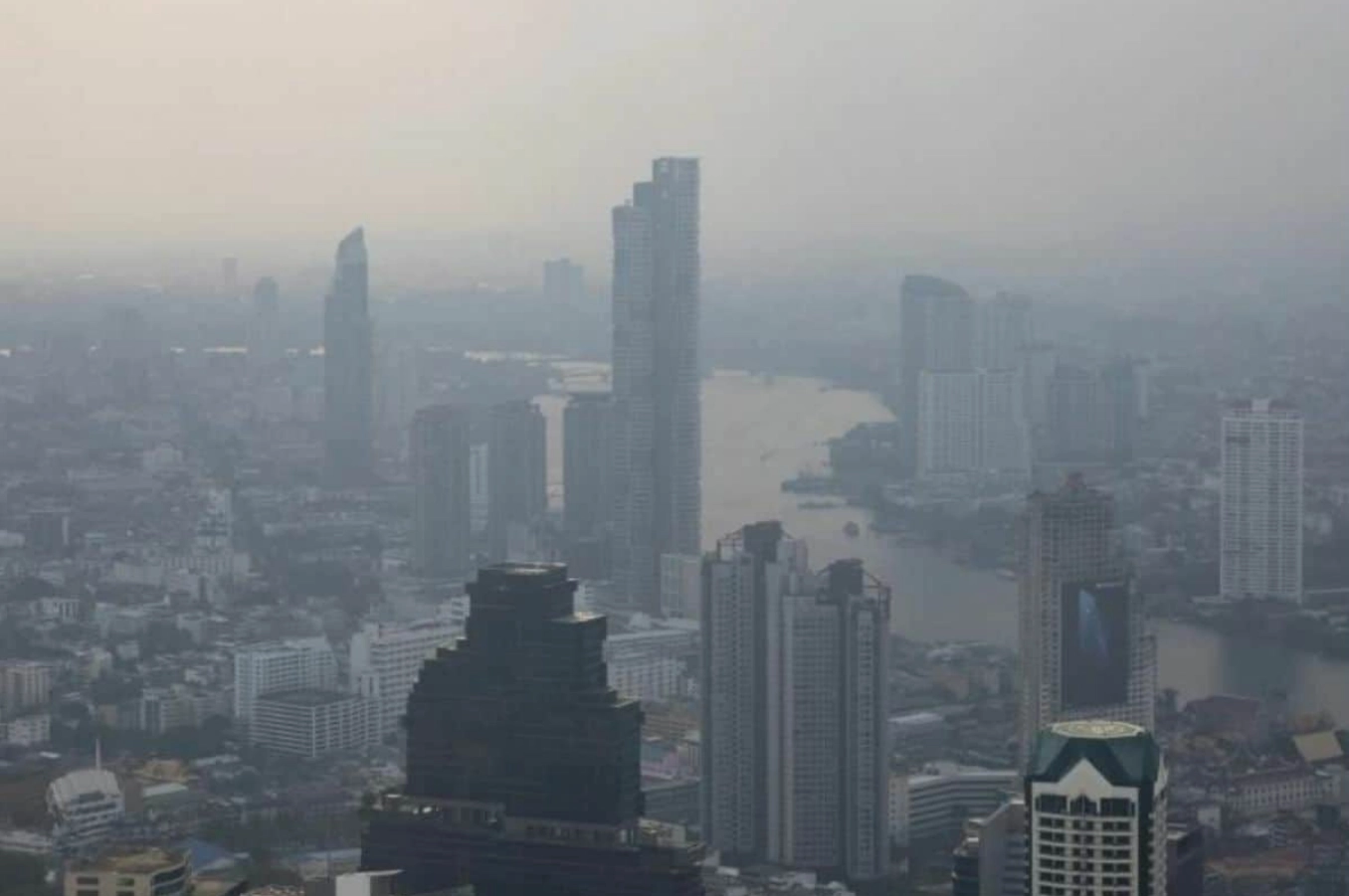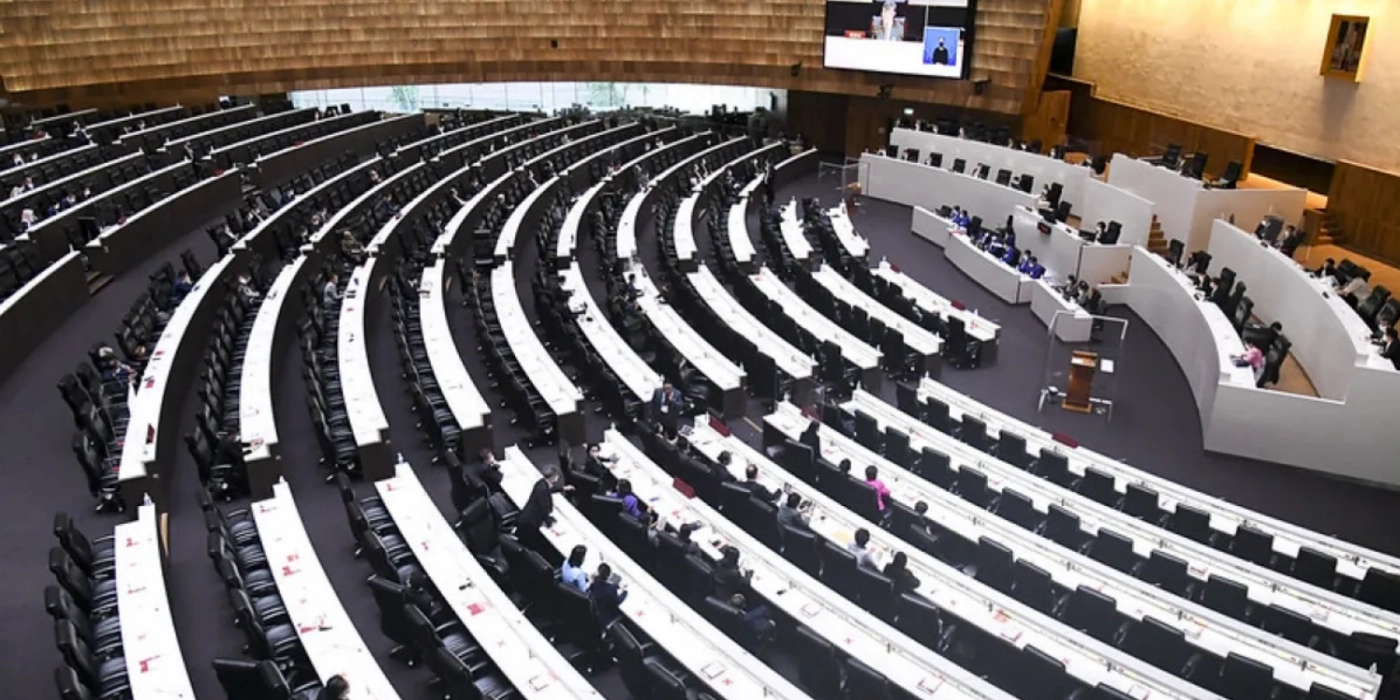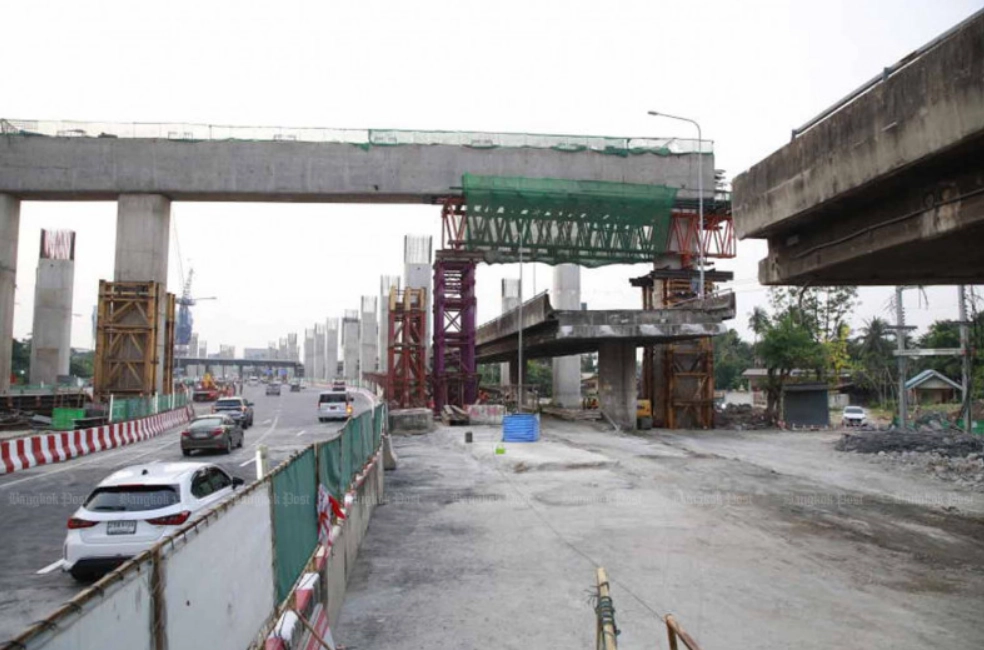Air Pollution: Bangkok Adopts Beijing’s Solutions for Cleaner Air
Air pollution has become one of the most pressing environmental challenges for major cities worldwide. Bangkok, Thailand’s bustling capital, has long struggled with deteriorating air quality, particularly the dangerous PM2.5 pollutants that pose severe health risks. In a groundbreaking move, Bangkok has decided to adopt Beijing’s successful air pollution control strategies, marking a major step in tackling its toxic smog problem.
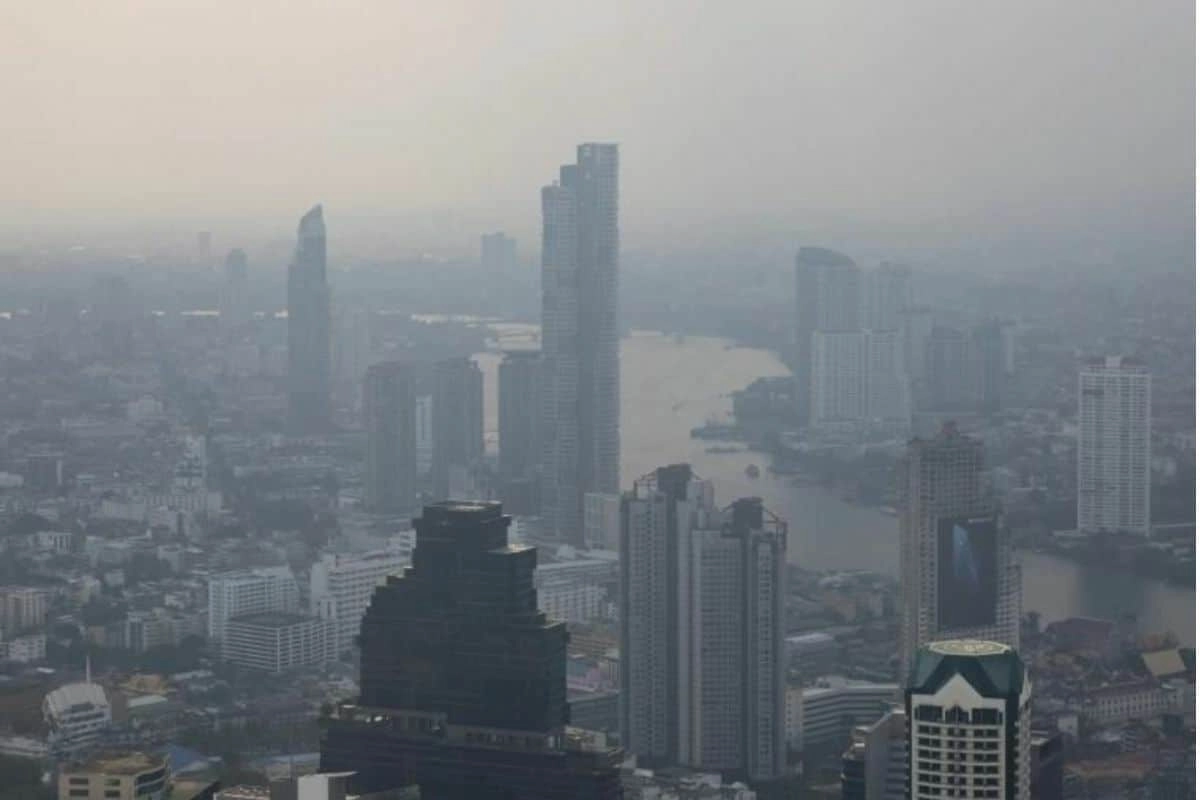
Bangkok’s Air Pollution Crisis
In recent years, Bangkok has seen a sharp rise in air pollution levels, primarily caused by vehicle emissions, industrial activities, and agricultural burning. The city’s air quality frequently surpasses safe limits, affecting millions of residents. Long-term exposure to PM2.5 can lead to respiratory diseases, cardiovascular problems, and even premature death, making it a significant public health concern.
The Landmark Agreement Between Bangkok and Beijing
Recognizing the urgency of the situation, Bangkok Metropolitan Administration (BMA) has signed a Memorandum of Understanding (MOU) with the Beijing Municipal Ecology and Environment Bureau. This agreement focuses on air quality monitoring and management cooperation, allowing Bangkok to learn from Beijing’s remarkable progress in reducing pollution levels.
Beijing, once infamous for its thick smog, has made remarkable improvements in air quality over the past decade. Through strict emission controls, industrial restructuring, and large-scale environmental initiatives, the Chinese capital has successfully reduced PM2.5 levels by 65.9% since 2013. This transformation makes Beijing a model for other cities grappling with similar pollution issues.
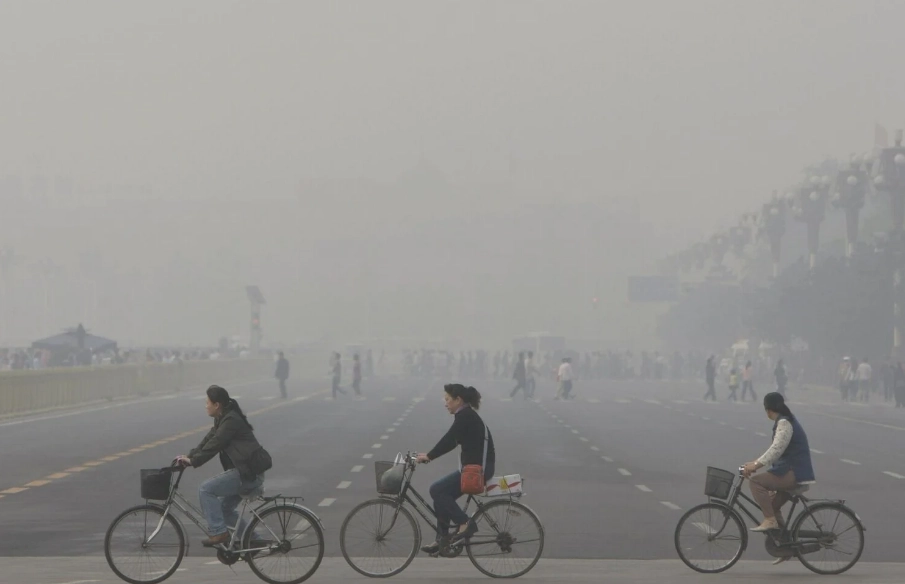
How Beijing Reduced Air Pollution
Beijing’s success in controlling air pollution can be attributed to several key measures:
- Strict Emission Controls – The city implemented stringent vehicle emission standards, gradually phasing out older, high-emission vehicles.
- Industrial Restructuring – Relocation and upgrading of heavy industries to reduce pollution output.
- Coal Reduction Programs – Beijing significantly reduced coal consumption by switching to cleaner energy sources.
- Green Initiatives – Large-scale afforestation projects and urban green spaces improved air quality.
- Advanced Air Quality Monitoring – A robust system of air pollution tracking allowed authorities to take timely action.
What Bangkok Plans to Implement
Bangkok aims to replicate Beijing’s success through a structured three-year collaboration. The agreement includes knowledge exchange, training sessions, and pilot projects to develop effective pollution control strategies. Some of the expected measures include:
- Upgrading Pollution Monitoring Systems – By adopting Beijing’s advanced air quality monitoring technology, Bangkok can better track pollution sources and take proactive measures.
- Traffic and Emission Control – Encouraging electric vehicles, improving public transport, and setting stricter emission limits for vehicles.
- Industrial Regulations – Imposing stricter pollution control measures on industries and promoting eco-friendly manufacturing practices.
- Reducing Agricultural Burning – The Bangkok Governor has launched a campaign targeting rice field burning, one of the major contributors to air pollution. Efforts have already reduced burned areas significantly.
- Public Awareness and Participation – Educating the public about air pollution and encouraging eco-friendly practices like tree planting and energy conservation.
The Impact of Air Pollution on Public Health
The harmful effects of air pollution on human health cannot be overstated. Long-term exposure to polluted air can lead to:
- Respiratory diseases such as asthma and chronic bronchitis
- Increased risk of heart disease and stroke
- Weakened immune system and lung infections
- Reduced life expectancy due to prolonged exposure to toxic air
Children, the elderly, and individuals with pre-existing health conditions are particularly vulnerable to air pollution. By adopting cleaner air policies, Bangkok can significantly reduce health risks and improve the quality of life for its residents.
Global Air Pollution Trends and Lessons from Other Cities
While Beijing’s success is commendable, other cities worldwide have also implemented effective air pollution control strategies:
- London – The introduction of the Ultra Low Emission Zone (ULEZ) has reduced vehicle emissions dramatically.
- Paris – Car-free zones and green transportation initiatives have improved air quality.
- Los Angeles – Strict regulations on industrial emissions and vehicle pollution have led to cleaner air over the decades.
- New Delhi – Anti-smog guns, odd-even vehicle rationing, and restrictions on firecrackers have been implemented to combat extreme air pollution levels.
Bangkok can take inspiration from these global efforts while customizing solutions to fit its unique challenges.
Challenges in Implementing Air Pollution Solutions
Despite the promising partnership with Beijing, Bangkok may face several challenges in implementing air pollution control measures:
- High Costs of Implementation – Upgrading infrastructure, enforcing regulations, and promoting clean energy require significant investment.
- Public Compliance – Changing public habits, such as reducing car usage and avoiding agricultural burning, may take time.
- Government Coordination – Effective pollution control requires collaboration between multiple government agencies and private stakeholders.
- Weather and Geographic Factors – Bangkok’s climate and geography may impact pollution dispersion, requiring tailored solutions.
Future Outlook: Can Bangkok Achieve Clean Air?
With the right strategies and commitment, Bangkok has a strong chance of significantly reducing its air pollution levels. The partnership with Beijing provides valuable expertise and proven solutions, increasing the likelihood of success. If Bangkok follows through with its planned initiatives, it can expect to see improvements in air quality within the next few years.
Conclusion
Air pollution remains a critical issue for Bangkok, but the recent agreement with Beijing signals a positive step toward cleaner air. By implementing stricter emissions controls, investing in sustainable infrastructure, and raising public awareness, Bangkok can work toward a healthier and more sustainable future. The collaboration with Beijing serves as a powerful example of how global partnerships can drive meaningful change in environmental protection. With continued efforts, Bangkok could soon join the ranks of cities that have successfully tackled air pollution, ensuring a better quality of life for its residents and future generations.
See more articles:
Betting Online Site – การเลือกคาสิโนออนไลน์ที่ปลอดภัยและเชื่อถือได้
Sport Pool – ทางเลือกการเดิมพันกีฬาที่น่าสนใจสำหรับผู้ชื่นชอบกีฬา






